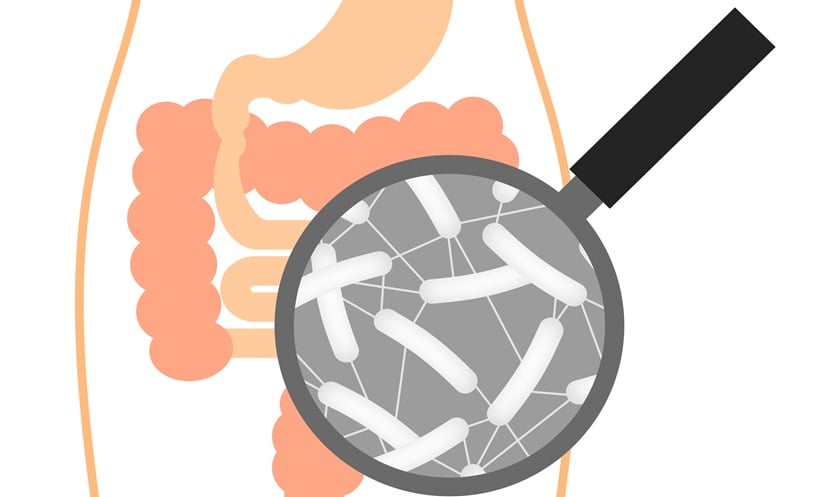A NEW multinational study has uncovered how omnivore, vegetarian, and vegan diets affect the human gut microbiome, with implications for health and clinical interventions. Analysing data from 21,561 individuals across five independent cohorts, the research revealed clear microbial signatures associated with different dietary habits, underscoring the impact of food choices on gut health.
The study found that gut microbiomes from omnivores, vegetarians, and vegans could be distinguished with high accuracy, with a mean area under the curve of 0.85. Red meat emerged as a key driver of the omnivore microbiome, with microbial species such as Ruminococcus torques, Bilophila wadsworthia, and Alistipes putredinis strongly associated with red meat consumption. These microbes have previously been linked to inflammatory conditions like inflammatory bowel disease (IBD) and colorectal cancer, as well as negative cardiometabolic outcomes.
In contrast, vegan microbiomes featured signature microbes such as Lachnospiraceae, Butyricicoccus sp., and Roseburia hominis, which are linked to fibre degradation and short-chain fatty acid production. These microbes are often associated with favourable cardiometabolic health, further highlighting the health benefits of plant-based diets. Additionally, omnivores who consumed more plant-based foods showed microbial profiles that resembled those of vegetarians or vegans, suggesting that incorporating more plant foods into an omnivore diet could improve gut health.
Dairy consumption also influenced the microbiome, with strong signatures from dairy-related microbes like Streptococcus thermophilus and Lactobacillus species. Interestingly, vegan microbiomes displayed an increased presence of microbes shared with plants and soil, such as Enterobacter hormaechei and certain strains of Klebsiella pneumoniae, pointing to an unexplored role for soil microbes in the vegan gut.
This study reinforces the idea that diet patterns significantly shape gut microbiomes, which, in turn, influence overall health. It also suggests that improving dietary diversity, particularly by adding more plant-based foods to an omnivorous diet, could support better gut health and reduce disease risk. Further research is needed to explore food-to-gut transmission and the strain-level interactions between microbes and food components.
Ada Enesco, EMJ
Reference
Fackelmann G et al. Gut microbiome signatures of vegan, vegetarian and omnivore diets and associated health outcomes across 21,561 individuals. Nat Microbiol. 2025;DOI:41564-024-01870-z.








